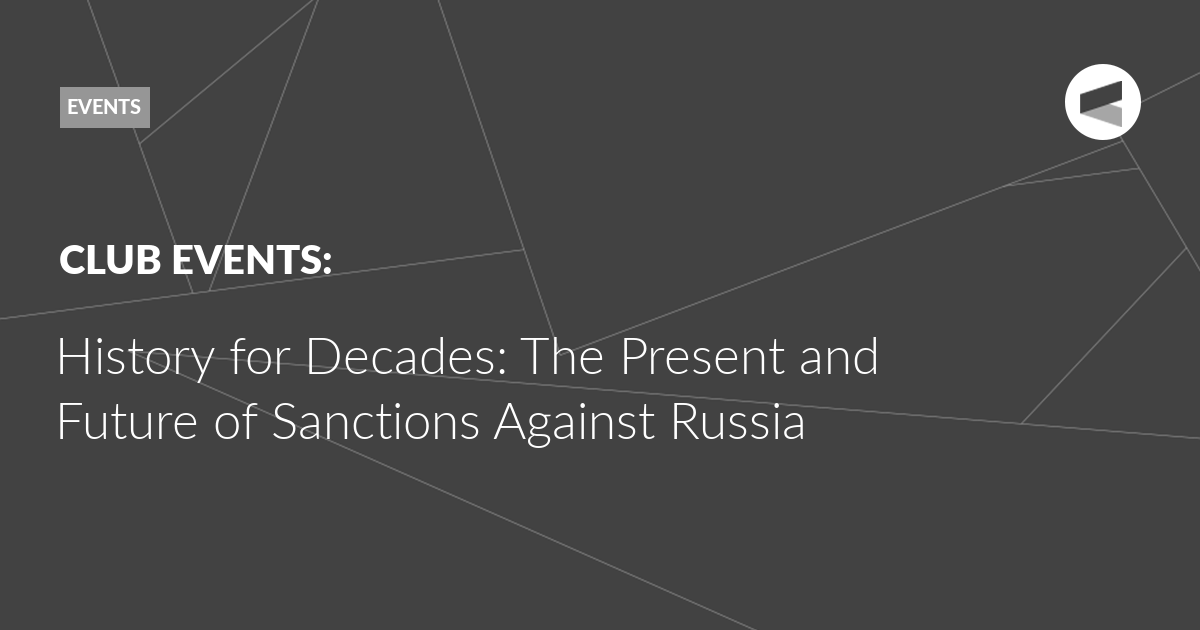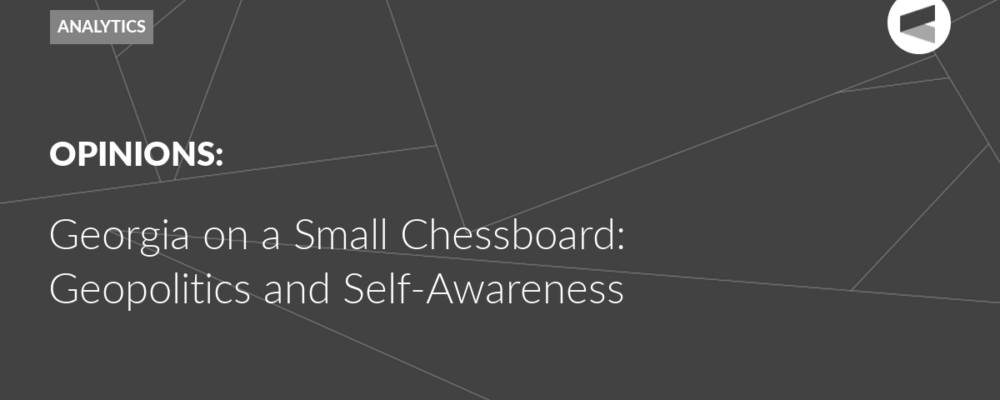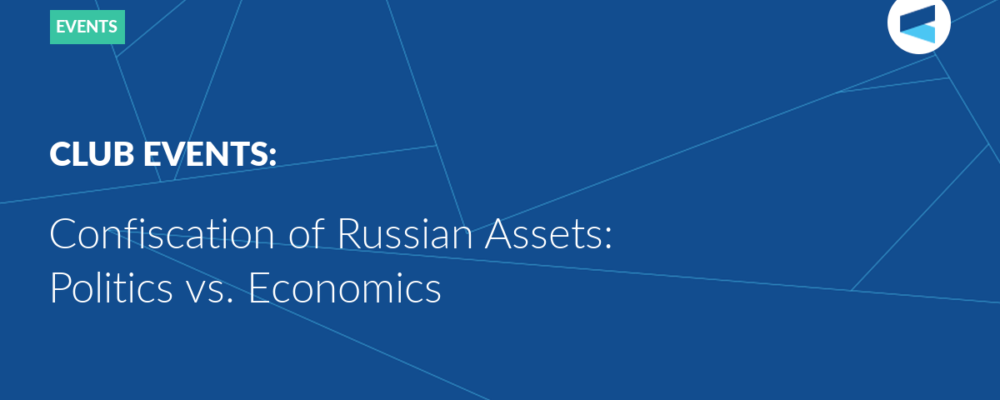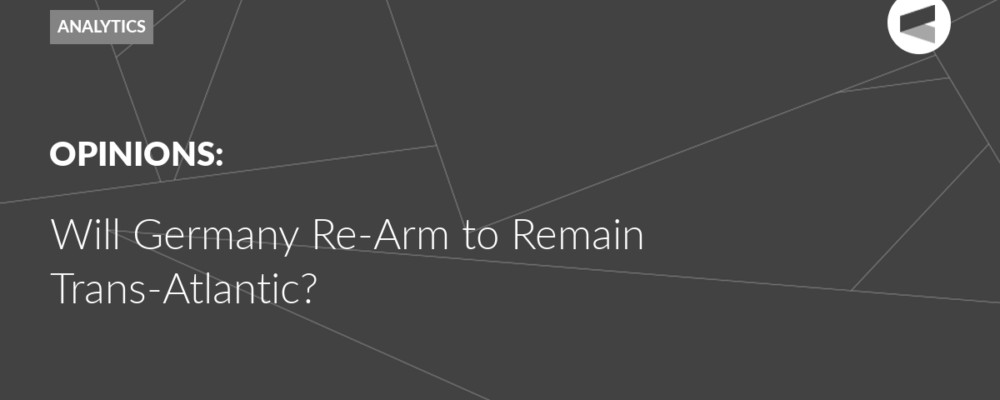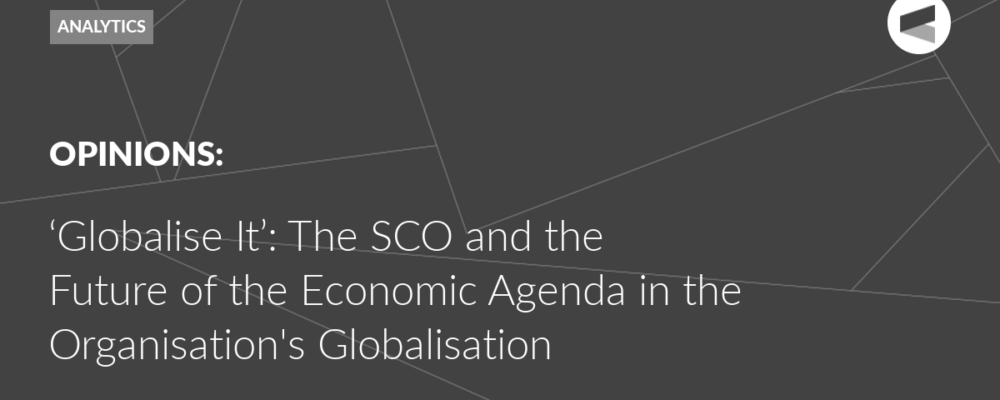On August 16, the Valdai Club hosted an expert discussion, “Sanctions against Russia – from here to eternity?” Moderator Ivan Timofeev noted that despite the legal possibility of lifting unilateral restrictive measures, the reasons for their introduction against Russia remain and are getting worse. Accordingly, he added, Russia will probably live under sanctions for decades.
Dmitry Birichevsky, Director of the Department of Economic Cooperation of the Russian Foreign Ministry, emphasised that the West, in its geopolitical confrontation with Russia, is trying to use interdependence in global relations as a weapon, and these illegal measures generate destructive consequences for all parties and limit the rights of states to sovereign independent development. He agreed that this is “a history for decades,” while the West’s dominance is eroding, adding that the actual goal of the so-called sanctions is unfair competition. However, no matter how difficult they are for many industries, they ultimately force Russia to restructure the entire economy and create high-value-added products within the country. Birichevsky also noted the importance of cooperation with the Global South and integration in the Greater Eurasia space against this backdrop.
Anastasia Likhacheva, Dean of the Faculty of World Politics and Economics at HSE, believes that the West will primarily improve mechanisms for oversight in the area of compliance with sanctions. The result will be a constant search for dynamic solutions and alternative ways to circumvent restrictions – a kind of eternal game of “sanctions cat and mouse”. She believes that the second important factor is pressure on countries friendly to Russia in industries in which the right to work with Russia was not specifically stipulated. For Russia in this context, it will be important to expand the range and develop and complicate cooperation mechanisms, rather than increase trade turnover as such. All this, according to Likhacheva, means that it is no longer possible to be guided by the imperative of cost efficiency and that it is necessary to constantly maintain a balance between a sustainability strategy and a development strategy based on flexibility.
Glenn Diesen, a professor at the University of South-Eastern Norway, believes that in the long term, the effectiveness of sanctions will decrease significantly, because the world is moving towards multipolarity, and the dependence of other countries on the West is decreasing. Although the official goal of sanctions is considered to be a change in the policy of the target country, it is now increasingly stressed that their meaning actually comes down to the economic weakening of rivals. This is probably related to the use of sanctions by the US – a weakening hegemon – against Russia and China. It can be assumed that the sanctions will continue to intensify, but this will make it even more difficult to convince the rest of the world, which trusts the West less and less, to comply with them. “I believe that the international system led by the US is slowly disintegrating,” Diesen concluded. “Of course, we need a new economic system with reliable supply chains, reliable transport corridors, and reliable banks.” In this regard, he sees a great future for BRICS.
Sergey Glandin, Partner at the BGP Litigation, Attorney, spoke about judicial practice in cases of lifting sanctions in the US and EU, and also considered the terminology of the case and the issue of the legitimacy of unilateral sanctions, emphasising that Russia does not recognise any sanctions imposed in circumvention of the UN Security Council as legitimate. Speaking about the prospects, he suggested that if Donald Trump is elected US President, lifting some of the sanctions will be theoretically possible, since American presidents often cancel their predecessors’ decrees on sanctions – the law does not require such decisions to be coordinated with Congress. As for the EU, according to the Treaty on European Union, “restrictive measures” are introduced, lifted and extended unanimously. Currently, they are extended twice a year, and one vote against is enough to prevent their extension – that is, purely technically, this is quite feasible.
The Valdai Discussion Club was established in 2004. It is named after Lake Valdai, which is located close to Veliky Novgorod, where the Club’s first meeting took place.
Please visit the firm link to site


